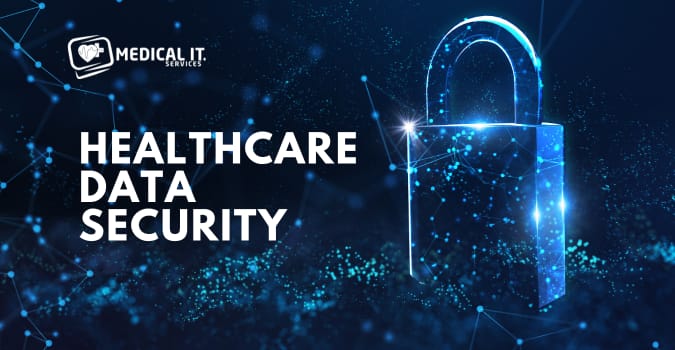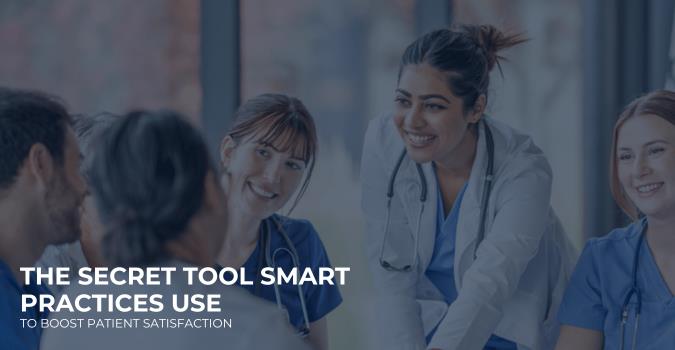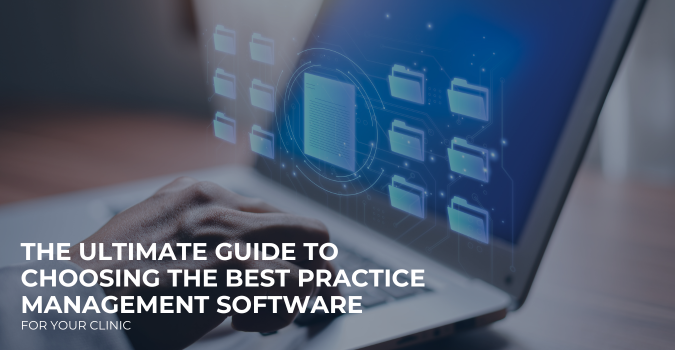In today’s fast-paced digital world, patients expect the same level of convenience and accessibility from…

Tips to Ensure Healthcare Data Security in a Cloud Environment
In recent years, healthcare organisations are increasingly adopting cloud-based solutions to leverage scalable computing resources to store and manage patient data. However, this exposes their systems to the possibility of cloud-related cyberattacks. Therefore, it is important to ensure healthcare data security in cloud environments, as data breaches can have devastating consequences. In this article, we’ll explore essential tips to safeguard healthcare data security in the cloud, offering a comprehensive guide for medical professionals and general practices in Australia.
Importance of Healthcare Data Security
Healthcare data security is the process of protecting sensitive patient information from unauthorized access, use, disclosure, disruption, modification, or destruction. This includes data that is stored electronically or on paper, such as medical records, insurance information, and financial data.
How To Enhance Healthcare Data Security in a Cloud Environment
Enhancing healthcare data security in a cloud environment is of paramount importance due to the sensitivity of patient information and the increasing prevalence of cyber threats. Here are several strategies and best practices to improve healthcare data security in a cloud environment:
Select a HIPAA-Compliant Cloud Service Provider
When considering cloud providers, it is imperative to choose one that complies with the Health Insurance Portability and Accountability Act (HIPAA) standards. HIPAA sets the benchmark for safeguarding protected health information (PHI). A HIPAA-compliant cloud service provider has security measures and protocols in place to protect sensitive patient data and ensure it is stored, processed, and transmitted securely.
Implement Strong Access Controls
Access control is critical to safeguarding healthcare data. Implement robust access controls to restrict access to authorized personnel only. Use role-based access controls (RBAC) to define permissions based on job roles, ensuring that each user can only access data relevant to their responsibilities. Two-factor authentication (2FA) adds an additional layer of security by requiring two forms of verification before granting access.
Encrypt Data at Rest and in Transit
Data encryption is a fundamental practice for healthcare data security in the cloud. Encrypt data both at rest and in transit to ensure it remains confidential and secure. Encryption protects data from unauthorized access even if it is intercepted during transmission or if physical storage media is compromised.
Regularly Update and Patch Systems
Cloud environments must be kept up to date with the latest security patches and updates. Vulnerabilities in outdated software can be exploited by malicious actors. Continuous monitoring and timely patching help mitigate these security risks and keep your systems secure.
Conduct Security Audits and Risk Assessments
Regular security audits and risk assessments help identify vulnerabilities and weaknesses in your cloud environment. These assessments should be performed by internal or external security experts. The insights gained from these evaluations can guide you in strengthening security measures and addressing potential threats proactively.
Educate and Train Personnel
Human error remains one of the leading causes of data breaches. Training your staff on cyber security best practices, phishing awareness and incident response is essential. Establish a culture of cybersecurity awareness within your organisation to reduce the risk of data breaches due to employee negligence.
Implement Data Loss Prevention (DLP) Solutions:
Deploy DLP solutions to monitor and control the flow of sensitive data within your cloud environment. These solutions can help prevent data leakage and unauthorized sharing of patient information.
Establish a Disaster Recovery Plan
Backup your healthcare data regularly and maintain a robust disaster recovery plan. In the event of data loss or a security breach, having a reliable backup and a well-defined recovery strategy can minimize downtime and data loss, ensuring business continuity.
Summary
In conclusion, securing healthcare data in the cloud requires a multi-faceted approach, encompassing technology, policies, and personnel. By implementing these best practices and seeking expert guidance, healthcare organisations can confidently harness the power of cloud technology while keeping sensitive patient data safe from potential threats. The tips mentioned above provide a solid foundation for enhancing data security.
Outsourced Cloud Services for Healthcare Data Security
In an era when data security is paramount, many healthcare organizations are turning to outsourced cloud services to bolster their data protection efforts. These services offer specialized expertise and advanced technologies designed to safeguard sensitive patient information in the cloud.
Strengthen Healthcare Data Security with MedicalIT.Services
In an era where data security is more valuable than ever, protecting it in the cloud is a top priority. To stay ahead of potential threats and ensure the utmost protection for healthcare data in the cloud, consider partnering with a trusted Managed Cloud Services Provider like MedicalIT.Services. They specialize in healthcare IT and can help your organisation navigate the complex terrain of data security, compliance, and technology. Contact us today to fortify your healthcare data security and safeguard the well-being of your patients.
Also Read:
Benefits of Using Cloud Technology for Medical Device Connectivity




